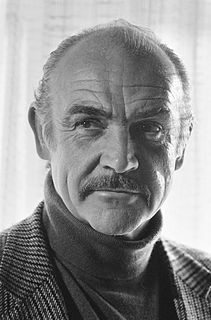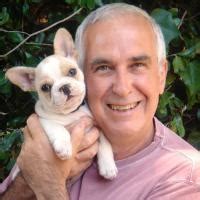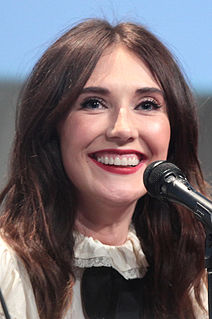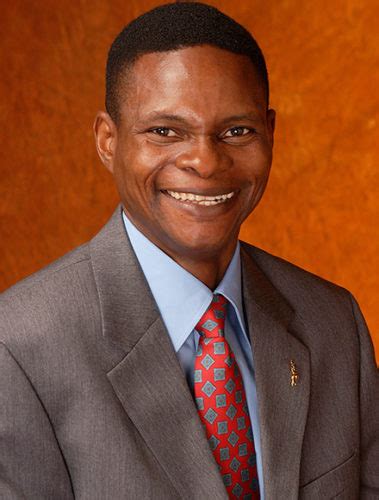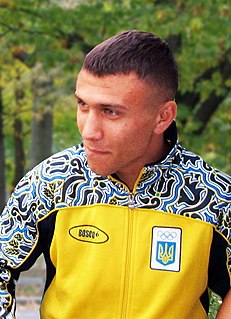A Quote by Peter Brook
If, in English, we speak words, the French speak thoughts.
Related Quotes
English has always been my musical language. When I started writing songs when I was 13 or 14, I started writing in English because it's the language in between. I speak Finnish, I speak French, so I'll write songs in English because that's the music I listen to. I learned so much poetry and the poetic way of expressing myself is in English.
I speak English, obviously, Afrikaans, which is a derivative of Dutch that we have in South Africa. And then I speak African languages. So I speak Zulu. I speak Xhosa. I speak Tswana. And I speak Tsonga. And like - so those are my languages of the core. And then I don't claim German, but I can have a conversation in it. So I'm trying to make that officially my seventh language. And then, hopefully, I can learn Spanish.
When I go to Colombia or Mexico, I speak Spanish. When I go to Italy, I speak Italian. When I'm in Germany, I speak German. Would I expect them to speak English in these countries? No. I mean, great if they do, but no. Would I be offended if in Spain they say we speak Spanish? No. If I was an immigrant there, no.
Most English speakers do not have the writer's short fuse about seeing or hearing their language brutalized. This is the main reason, I suspect, that English is becoming the world's universal tongue: English-speaking natives don't care how badly others speak English as long as they speak it. French, once considered likely to become the world's lingua franca, has lost popularity because those who are born speaking it reject this liberal attitude and become depressed, insulted or insufferable when their language is ill used.

